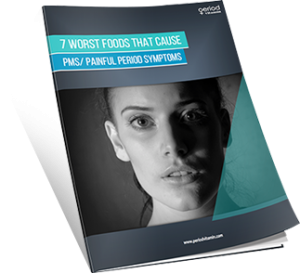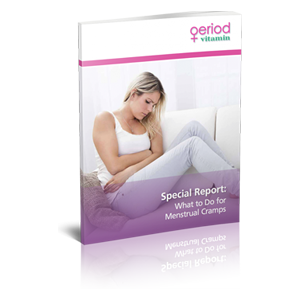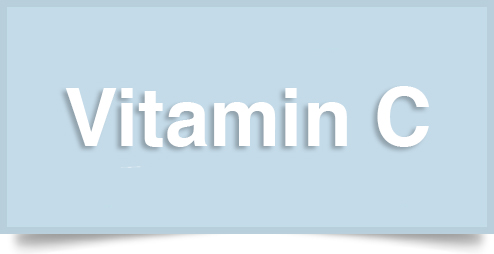 Premenstrual Syndrome is a mixture of many different pains and symptoms that many women experience within a week or two of starting their period bleeding or menses.
Premenstrual Syndrome is a mixture of many different pains and symptoms that many women experience within a week or two of starting their period bleeding or menses.
What is premenstrual syndrome and how can it be prevented and treated?
A woman’s menstrual cycle is usually 28-31 days in length and goes through a wide variety of stages. It is in the stages prior to the bleeding stage that pms (premenstrual syndrome) occurs. The primary cause of pms in most cases is the hormonal imbalance that takes place in the second and third stages of the cycle, known as the follicular and luteal stages respectively.
It is the menstrual cycle that prepares the body for pregnancy and a lot of the symptoms of pms occur because of this. The body prepares for a pregnancy that then does not happen and the body is left with an overload of hormones. In the follicular stage the woman’s body creates and releases an overabundance of estrogen into the body systems. This estrogen powered hormonal imbalance in the follicular stage can cause bloating, cramping, mood swings, headaches, sore breasts and depression. This stage also sees an increase of prostaglandins and inflammations in the body which leads to more pain in the joints, back and abdomen.
In the luteal stage the body overproduces the hormone progesterone and that reduces the amount of estrogen but still produces a hormonal imbalance in the direction of the progesterone. Ovulation has occurred and completed by the time you get to this stage. This stage also sees an increase of prostaglandins and inflammations in the body. The most typical symptoms in this stage include abdominal cramps, nausea, diarrhea and vomiting. Other symptoms include fatigue, food cravings, fluid retention, and insomnia.
So how can a woman overcome these symptoms or prevent them from happening?
This is a question that has been pondered for centuries and has a variety of answers both from the medical community and also from the holistic community. We have found that in addition to or in place of pharmaceutical and medical remedies, there are certain herbs, vitamins and minerals that can also play a major role.
What is the benefit of Vitamin C in dealing with pms and menstrual pain? What role can vitamin c play in the menstrual cycle?
There are so many vitamins, minerals and herbs that have been used for centuries to treat the symptoms of pms. Vitamin C is certainly one of those. So what aspects of pms can vitamin C help with? Can vitamin really reduce menstrual cramps and period pain?
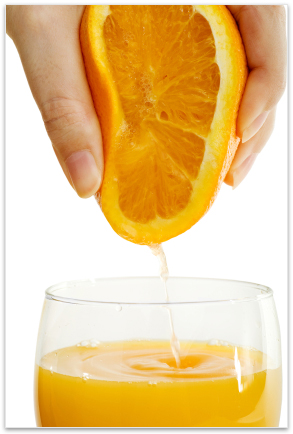 Vitamins usually play a regulatory role in the body so it would seem normal that they would be of assistance in regulating the hormones and prostaglandins during the menstrual cycle. Vitamin C can have a very important role to play in regulating the symptoms of pms. Vitamin C is also known as L-ascorbic or L-ascorbate. It is an antioxidant that can offer the body protection from the negative effects of stress.
Vitamins usually play a regulatory role in the body so it would seem normal that they would be of assistance in regulating the hormones and prostaglandins during the menstrual cycle. Vitamin C can have a very important role to play in regulating the symptoms of pms. Vitamin C is also known as L-ascorbic or L-ascorbate. It is an antioxidant that can offer the body protection from the negative effects of stress.
It is common knowledge that a lack of vitamin C can lead to a multitude of health issues. As for pms, vitamin C can help women to deal with heavy bleeding, breast tenderness and swelling, fatigue and bloating caused by fluid retention. One of the most useful aspects of vitamin C is its ability to help control excessive and heavy bleeding. Vitamin C is known to strengthen the capillaries and blood vessels and thus control bleeding.
“A study done by the Palmer College of Chiropractic which was published in the Journal of the Canadian Chiropractic Association found that increasing the levels of vitamin C in the diet caused the capillaries of the body to grow stronger and be far less fragile.
Looking at eighteen women who suffered from heavy menstrual bleeding, sixteen of those women had less menstrual bleeding after taking higher levels of vitamin C. This means that by increasing the levels of vitamin C in the diet, the blood vessels are stronger and menstrual bleeding is reduced”
Because vitamin C has a major role in helping damaged cell tissues to heal, it can be very effective in treating swollen and tender breasts during pms. Due to its effectiveness against prostaglandins vitamin C also reduces inflammation in the breasts and joints during pms. A study conducted on men in respect to heart disease showed that vitamin C does indeed have anti-inflammatory properties. This can be transferred over to impact the inflammatory concerns of premenstrual women.
“Conclusion: The findings suggest that vitamin C has anti-inflammatory effects.”ajcn.nutrition.org/content/
Vitamin C also boosts the immune system in general and when the body has such a hormonal imbalance as it does during pms, a strong immune system is needed. Without a strong immune system and all the changes a woman’s body goes through during the menstrual cycle, she could experience even more medical issues than those presented by pms.
So what is the recommended dosage of vitamin C for ordinary purposes and does it need to increase for women during pms?
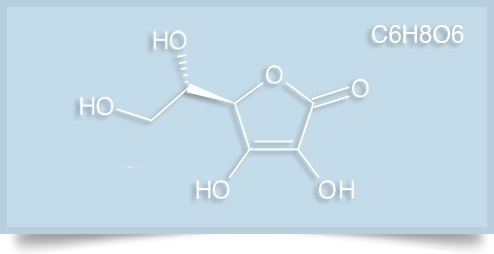 Since vitamin C is water soluble it does not remain in the body but rather is flushed through the urinary tract regularly. Therefore it is a vitamin that you need to ingest on a daily basis. Adult women require no less than 75mg daily and more is needed during pregnancy and breastfeeding. During the menstrual cycle it is recommended that you take between 75mg and 1000mg. Do not take over 2000mg or you will open yourself up to the effects of a vitamin C overdose.
Since vitamin C is water soluble it does not remain in the body but rather is flushed through the urinary tract regularly. Therefore it is a vitamin that you need to ingest on a daily basis. Adult women require no less than 75mg daily and more is needed during pregnancy and breastfeeding. During the menstrual cycle it is recommended that you take between 75mg and 1000mg. Do not take over 2000mg or you will open yourself up to the effects of a vitamin C overdose.
Vitamin C is naturally found in citrus fruits such as oranges, grapefruit, tangerines, as well as in tomatoes and red and green peppers. It is also found in cantaloupe, papaya, strawberries, kiwi, cranberries, mango, watermelon, raspberries, and blueberries. It is also heavily found in milk, liver, shell fish and leafy greens.
The best way to get the correct dosage of vitamin C as well as gaining the most effectiveness from the vitamin C we do take is to take a combination product of herbs, vitamins, and minerals such as Period Vitamin. Vitamin C is effective against the certain symptoms of pms that we have discussed here, but vitamin C is also a pivotal player with many of the other ingredients that are found in Period Vitamin to ease pms. In addition to helping to control the level of heavy bleeding during a woman’s period, vitamin C assists in the proper workings of EPO. (Evening Primrose Oil) EPO helps to control irritability, cramping, depression and breast soreness.
Vitamin C helps the body in the absorption of calcium as well. Studies have shown calcium to be effective against the pms symptoms of bloating, painful joints, cramps, back pain, mood changes and food cravings.
“A 10-year study at the University of Massachusetts – Amherst revealed women who included a sufficient amount of calcium in their diets reduced PMS symptoms by 30%.”
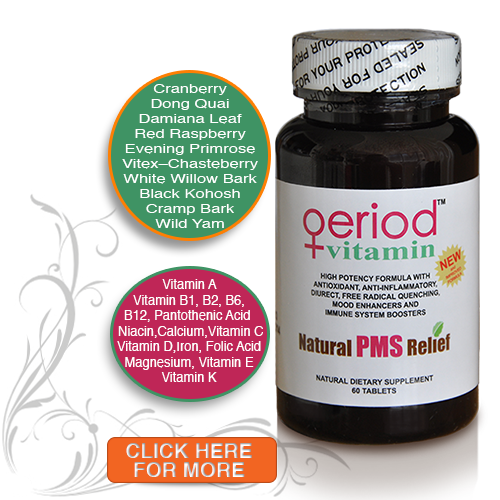 Other studies have shown that calcium reduces many of these other pms symptoms including depression, pain, fluid retention, and cravings. Vitamin C will make the calcium you take much more effective by helping the body to absorb it more completely. This is where a product such as Period Vitamin is such a breakthrough. With Period Vitamin you will always get the best possible dosage of vitamin C while also getting the necessary levels of Evening Primrose Oil (EPO) and calcium.
Other studies have shown that calcium reduces many of these other pms symptoms including depression, pain, fluid retention, and cravings. Vitamin C will make the calcium you take much more effective by helping the body to absorb it more completely. This is where a product such as Period Vitamin is such a breakthrough. With Period Vitamin you will always get the best possible dosage of vitamin C while also getting the necessary levels of Evening Primrose Oil (EPO) and calcium.
Period Vitamin includes a large variety of pms treating herbs, vitamins and minerals of which vitamin C is only one. In addition to the pms symptoms that vitamin C alone can impact, Period Vitamin successfully treat other pms symptoms such as acne, migraine headaches, food cravings, weight gain and sleep disorders such as insomnia.
Because women are looking for a one shot answer to all or most of all their pms symptoms, a compound like Period Vitamin is the answer. With over 20 ingredients Period Vitamin includes 8 herbs, 9 vitamins and 3 herbs. Period Vitamin includes 60 mg of vitamin C along with many of the B complex vitamins, vitamin K and vitamin A as well as vitamin E. So the next time your menstrual cycle is about to strike, take Period Vitamin and avoid al the stress.


